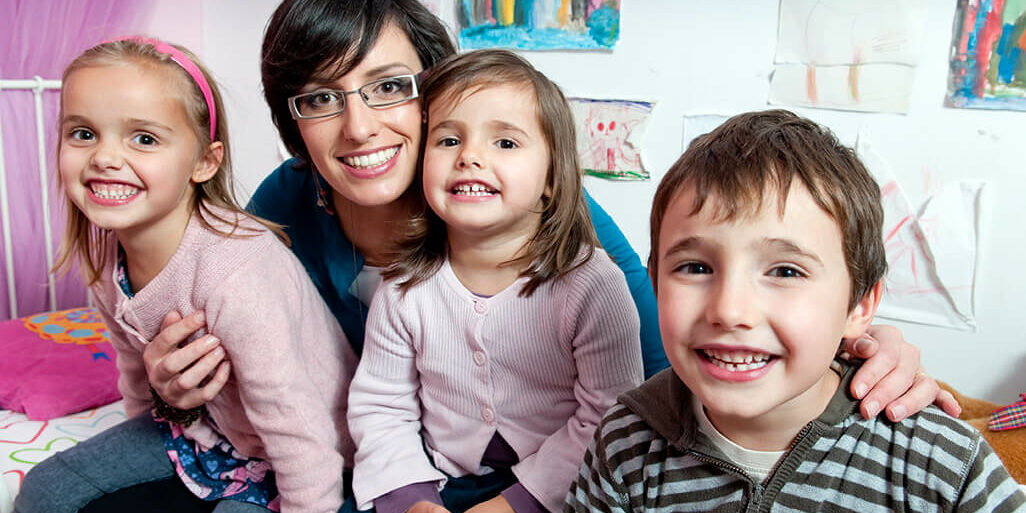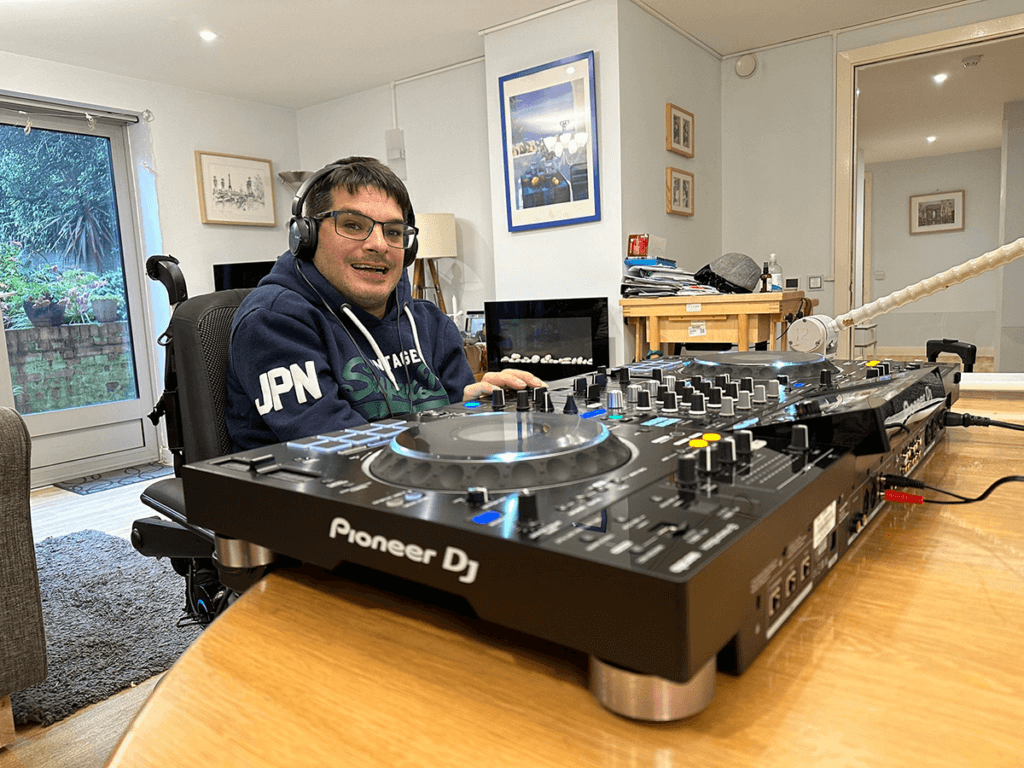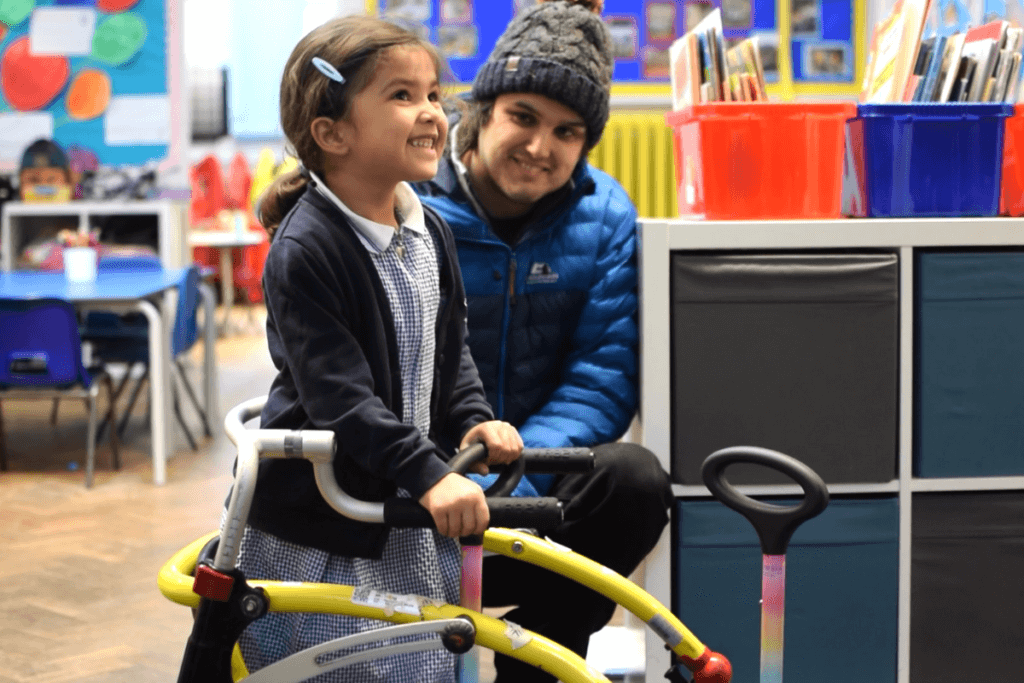My name is Daniel Sutherland, and I am doing a PhD at the University of Warwick funded by Cerebra.
My PhD involves working on a project which is also funded by Cerebra to develop and evaluate an intervention for families of children with developmental disabilities like learning disabilities or autism.
About Me
I studied psychology and psychological practice at the University of Birmingham, and my plan always used to be to graduate and pursue clinical opportunities rather than to work in research.
However, during my third year I started helping out on some research with Dr Caroline Richards’ team from the Cerebra Network for Neurodevelopment Disorders. This challenged lots of my ideas about what research was like. Everybody in the team was really passionate about their work and I gained more of an understanding of how good research could have a real-world impact on the lives of children with developmental disabilities and their families.
Because of this, rather than spending my Masters working in a clinical service as I had intended, I decided to continue working with the Cerebra Network. Through this I had the privilege of meeting more children with development disabilities and their families and learn more about some of the challenges they experienced, and how research could help address these. Therefore, after my Masters I decided that I would like to pursue a PhD in this area.
When I am not studying, I like reading lots of books, playing music, listening to lots of podcasts, drinking coffee, and stroking my cat.
About my research
We know that, as with any family, families of people with developmental disabilities have both positive experiences and difficulties. However, we also know that many families of people with a developmental disability can face extra challenges and might benefit from additional support for their wellbeing and family relationships.
Cerebra is funding the development and evaluation of an intervention to support families of children with developmental disabilities called Positive Family Connections. This intervention was coproduced by a team of researchers and family carers of children with developmental disabilities. This means that family carers were involved in designing the intervention, ensuring the programme is based around what family carers think is important and helpful.
Overall, five family carers were involved in developing the intervention over four meetings and several smaller working groups, and 14 family carers took part in the piloting of the programme. Furthermore, Positive Family Connections will also be delivered by trained family carers of children with developmental disabilities.
To work out whether Positive Family Connections helps families, we would need to conduct a large trial of the intervention. However, before we can do this we must do a smaller study, called a feasibility study to work out whether a larger trial is possible and how we can best run this. My PhD involves working on this feasibility study, as well as some other research looking at what existing interventions are available for families of people with developmental disabilities.
Throughout my PhD, we will be sharing more information about our findings with you through Cerebra.











We need people like yourself in areas of this kind. Well done and every good wish for your studies. My grandson has Dravet’s Syndrome and we only manage with close family support. Keep up your great work.
DW